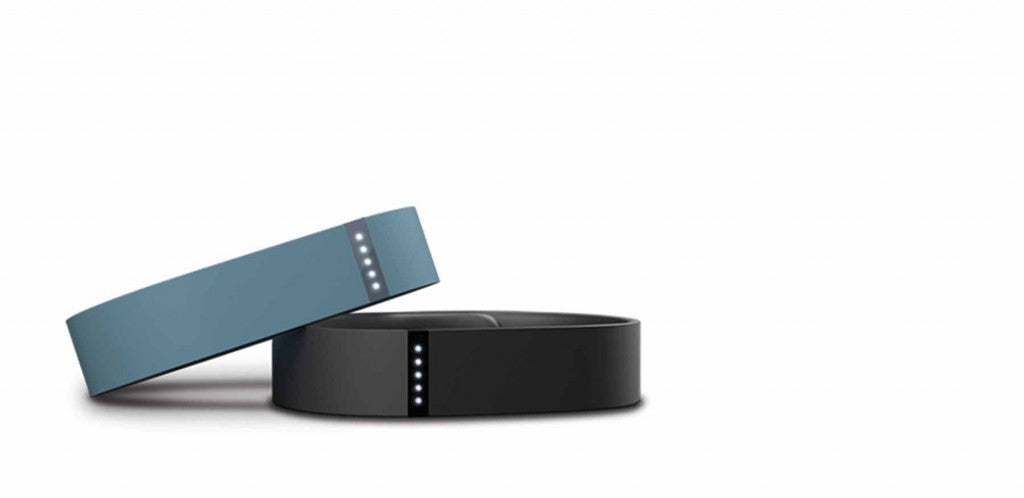Can Fitness Trackers Benefit Triathletes?

The Fitbit.
We couldn’t help noticing that fitness-tracking devices are everywhere now. Not the heart-rate monitors or GPS watches we’re used to—we’re talking the sporty fashion of bracelets like the Jawbone Up, Nike FuelBand and Fitbit Flex. These activity-measuring devices, which utilize accelerometers to capture motion and thus calorie counting (some even measure sleep efficiency or heart rate), are largely targeted at the mass market. But we wanted to know: Can they help triathletes? We asked sports medicine physician and multiple Ironman finisher Jordan Metzl, M.D., as well as elite coach Jim Vance.
RELATED: Why It’s Good To Give Your GPS A Day Off
For beginner triathletes:
“Triathletes respond well to data—it really helps them assess their progress and where they can improve,” Metzl says. “With the fitness trackers, athletes get real-time data that I find helps motivate and encourage those who respond well to extra information.”
“Every athlete is looking for motivation and feedback on how a workout went,” Vance says. “If an athlete is trying to lose weight as his main goal, a calorie-counter is going to help him or her.”
For experienced triathletes:
“Athletes of any level can really be helped with more information since you’re really comparing you to yourself,” Metzl says.
“If an athlete is training for an Ironman, a power meter gives him more useful data,” Vance says. “With these, you’ll be more aware of your caloric needs post-workout—but in terms of actual performance gains, I don’t know if calorie counting will let you see if you’re getting faster. It’s a supplemental type of tool.”